AI Answer Evaluation Platform Live Now. Try Free Answer Evaluation Now

Functions of a Family
One of the essential functions of a family is to facilitate the process of socialization and education.
+91-7303290503, +91-9557169661 | MON to SUN 10:00 AM - 6:00 PM
The UPSC IAS Exam is a highly competitive examination conducted by the Union Public Service Commission (UPSC) to select candidates for the Indian Administrative Service (IAS), Indian Police Service (IPS), and other civil services in India. This category covers the exam syllabus, pattern, and preparation strategies, as well as the eligibility criteria and selection process. From understanding the exam requirements to learning the tips and tricks for success, this category provides comprehensive information on the UPSC IAS Exam.

One of the essential functions of a family is to facilitate the process of socialization and education.

The fabric of human relationships is a fascinating tapestry, interwoven with two primary threads

The structure, blood relations, marriage norms, residence patterns, and succession practices define different types of families.

Urbanization, a socio-economic process of change involving the shifting of human population from rural areas to urban
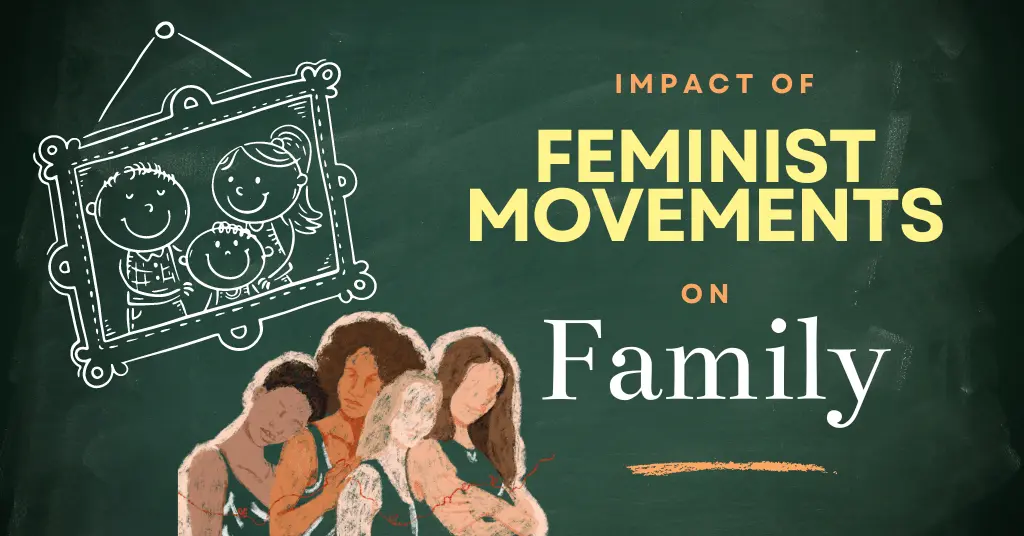
Impact of Feminist Movements on Family. The feminist movements have undeniably been monumental in shaping societies globally,

Genetic counselling is a specialized communication process designed to provide clarity and assistance to individuals
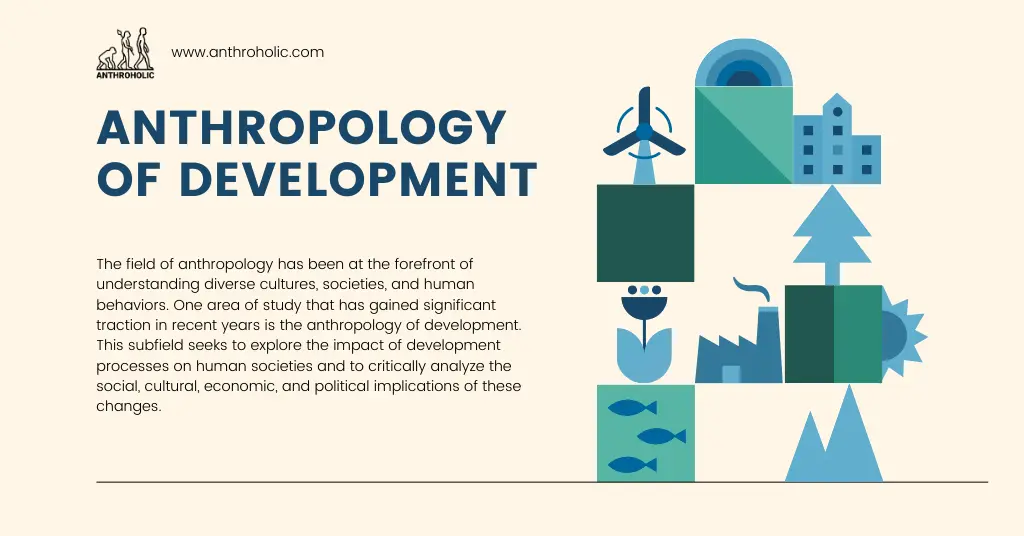
One area of study that has gained significant traction in recent years is the anthropology of development. This subfield seeks to explore
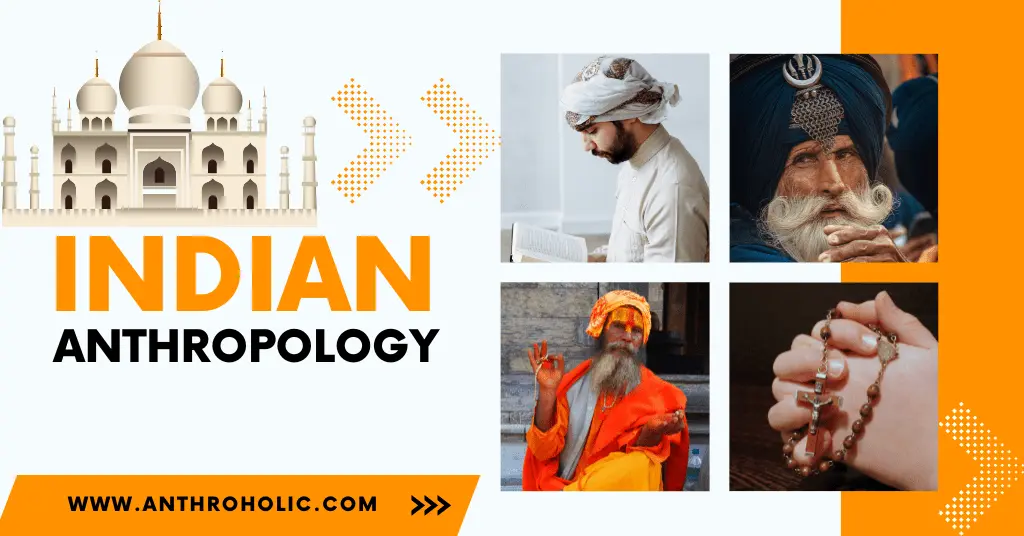
Indian anthropology, as the term suggests, focuses specifically on the anthropological aspects of the Indian subcontinent.
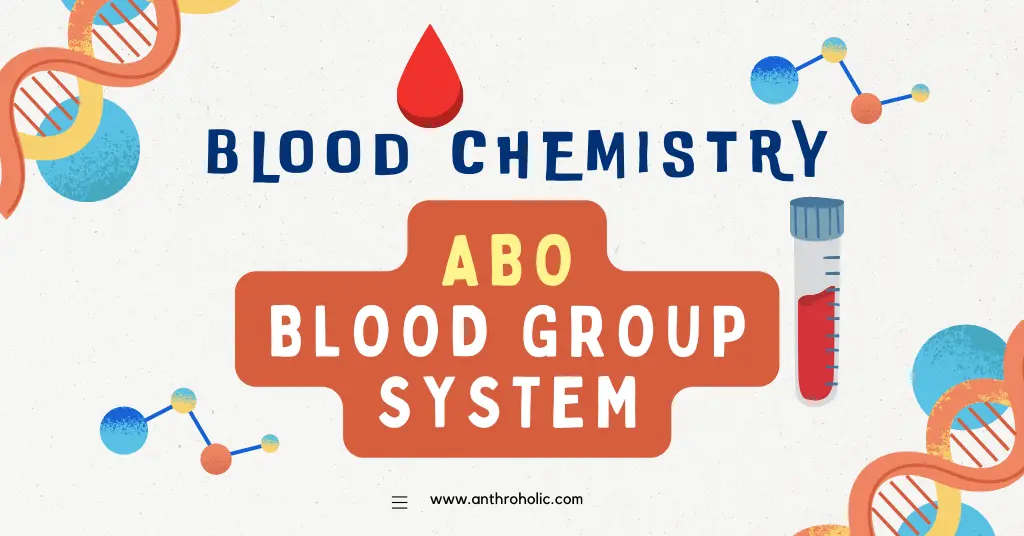
The ABO blood group system, the first and most significant blood classification system known to mankind, has played a critical

Convergent evolution occurs when unrelated organisms independently evolve similar features or traits as a result of adapting
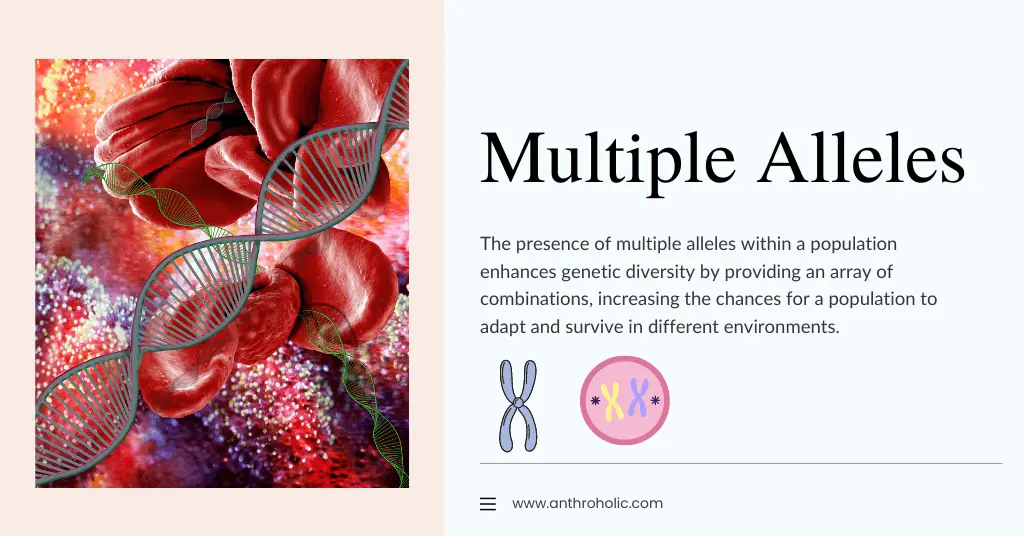
The presence of multiple alleles within a population enhances genetic diversity by providing an array of combinations,

Gausse's Rule is a fundamental principle in the study of evolutionary biology. This rule, named after the renowned biologist Pierre Gausse,